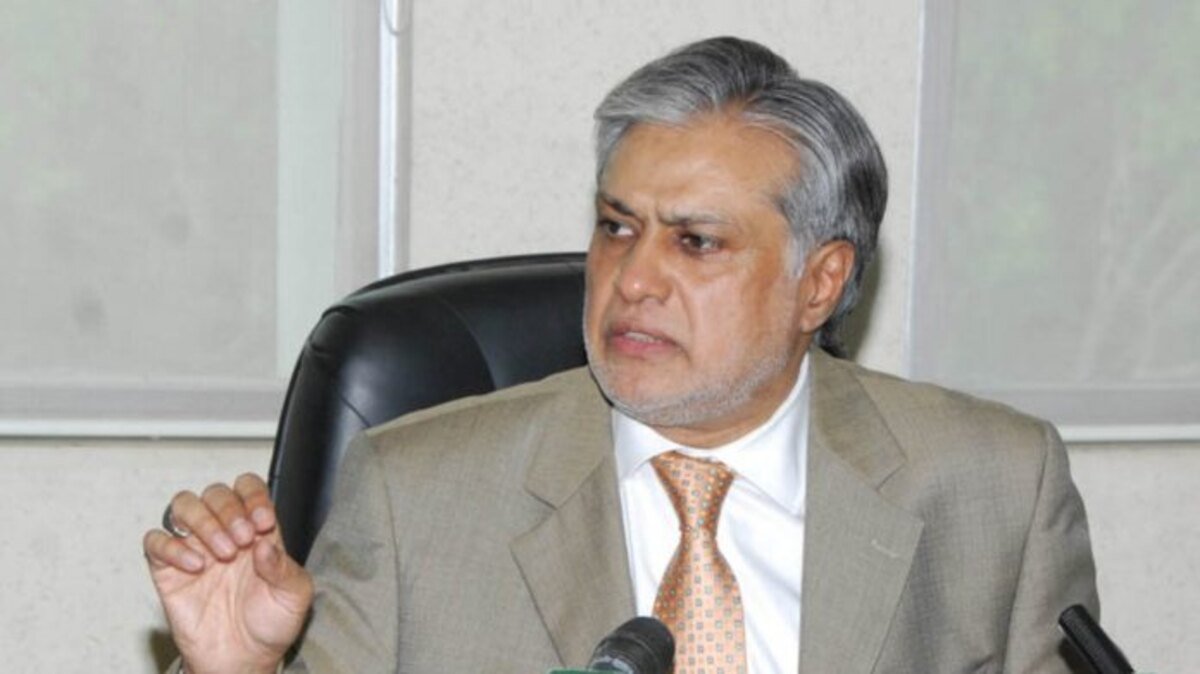Islamabad (TDI): Deputy Prime Minister and Foreign Minister Ishaq Dar on Friday made it clear that Pakistan’s foreign policy is guided by national interests, not alignment with any particular country, including the United States.
Speaking at a press conference, Dar addressed speculation that Pakistan would avoid criticizing the US over its recent airstrikes on Iran’s nuclear facilities. “Let me be very clear,” he said, “Pakistan values its relations with the United States, but that does not mean we will support every decision they make, especially when we believe it’s wrong.”
Dar noted that after the US bombed three nuclear sites in Iran, some observers expected Pakistan to remain silent. “Contrary to that belief, Pakistan issued a firm and clear statement condemning the strikes,” he said.
He criticized the US for abandoning a decades-old policy of restraint toward Iran, referencing the recent use of B-2 bombers and bunker-buster munitions. “Iran had every right to respond,” he added, noting that Iran’s retaliatory strike on a US base in Qatar was “measured and dignified.”
According to Dar, Iran publicly appreciated Pakistan’s diplomatic efforts at the United Nations. “During the Iranian President’s address to parliament, the hall echoed with slogans of ‘Thanks to Pakistan,’” he said.
He revealed that Pakistan was actively engaged behind the scenes, ensuring that Iran was not diplomatically isolated during the crisis.
Read More: Dar in UAE to Lead High-Level Talks
A high-level meeting was held in Istanbul during the return of Pakistan’s Army Chief from an official visit. The meeting, initiated by Pakistan, brought together Field Marshal Asim Munir, Foreign Minister Dar, and Pakistan’s ambassador with Turkish President Erdogan, his foreign minister, intelligence officials, and senior leaders. “The central agenda was the situation in Iran,” Dar said.
He added that Iran had informed Pakistan that while it had no intention of pursuing nuclear weapons, it would not remain passive in the face of direct attacks. Iran also coordinated with Qatar before retaliating against the US base there.
On broader diplomacy, Dar highlighted Pakistan’s role in convening a meeting of the OIC Contact Group on Indian Illegally Occupied Jammu and Kashmir. He also recalled the historic ties between Pakistan, Iran, and Turkiye, who were founding members of the Regional Cooperation for Development (RCD), which later evolved into the Economic Cooperation Organization (ECO).
Read More: Asim Munir, Dar Meet Turkish President on the Sidelines of OIC CFM
In response to a question about India, Dar was firm: “We are not asking anyone to mediate or convince India to talk. We’re not begging for talks.”
He clarified that while Pakistan remains open to dialogue, it will not engage on India’s terms alone. “India says it will only talk about terrorism, that’s fine, we’re ready to discuss terrorism, but also Kashmir and the Indus Waters Treaty. Out of nearly 200 countries, I’m sure we can find a neutral venue,” he said.
Farkhund Yousafzai is an Associate Editor at The Diplomatic Insight.



